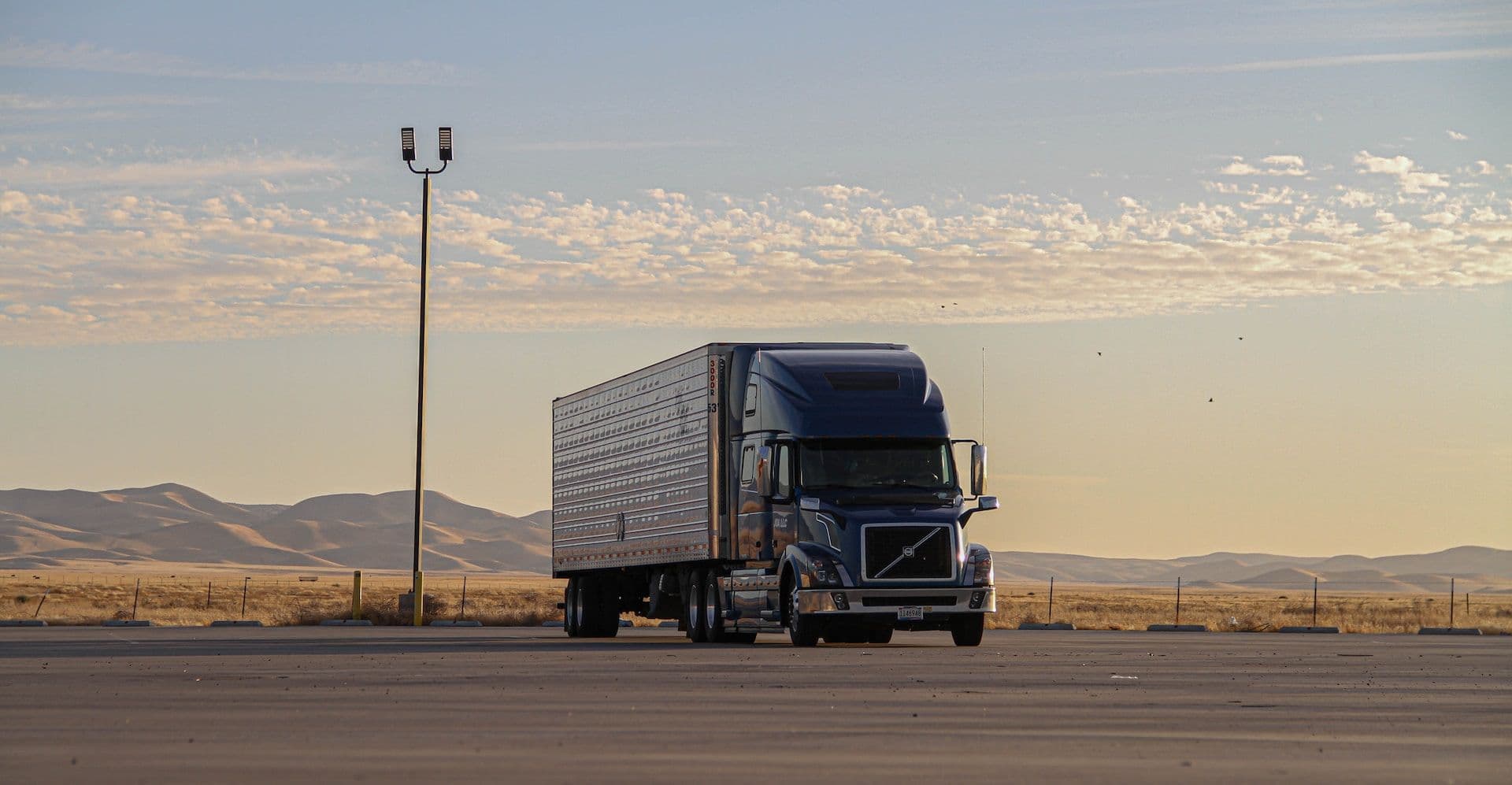The Impact of the UnitedHealthcare CEO's Tragic Incident on Executive Protection
For CEOs who are the public face of their companies, the slaying of UnitedHealthcare’s Brian Thompson in New York was a tragic reminder of the importance of executive protection.
Thompson was in Manhattan for a presentation to investors when he was shot early Wednesday morning by a masked gunman outside the New York Hilton hotel. The gunman escaped and remains at large.
There’s an old saying that when transportation is in the headlines, it’s rarely good news. That means that CEOs in the supply chain industry have to work harder at being out in public conveying a corporate message than they do sitting behind a desk.
“When you are the head of a large corporation, and your name is out in public and you’re all over social media, you need to reassess your security needs,” said Glen Kucera, president of Enhanced Protection Services for Allied Universal, which provides security services for 400 of the Fortune 500 companies. “Decisions they make are front and center, wind up on social media and the internet. There will always be a few people who don’t agree with those decisions.”
In an age of rockstar CEOs, social media and other online sources follow their movements in real time. Security experts can clean up an individual’s online presence up to a point, but anyone with an internet connection, for example, can easily track corporate jets of the rich and well-known.
Earlier this year, Taylor Swift served a Florida college student with a cease-and-desist letter, claiming his automated flight tracking of her plane made her an easy target for stalkers.
In October, Harold Daggett, president of the International Longshoremen’s Association union, said he had received death threats during a contentious strike by East Coast dockworkers. News media had published the location and photos of Daggett’s home, which were easily found online.
“That was a very tough time for the country,” Kucera said. “There were hurricanes in the Southeast, a heated political situation going on, and the strike was blamed for a lot of things. It was a good time to ask whether these people need additional protection until these situations blow over.”
Most of the Class 1 railroads had no comment or did not respond to questions about executive security. “Safety is – and always will be – our top priority,” said a Union Pacific spokesperson, in an email.
The experts all make the same recommendations about corporate protection: Have it, hire well-qualified providers who are specially trained, such as retired law enforcement or similar, and tailor it as closely as possible to the individual.
Security executives point out that an effective protection program is one that balances the need to be safe with the need to maintain a connection with employees and customers.
“There is a lot of background work, a lot of advance work, that goes into creating an executive protection program,” said retired New York City police detective Mike Mullady, vice president of protective services at Arrow Security. “We examine the protectee’s personal life, their family, their kids’ social media, where they live, where they go, their routine.
“Advance work is the key for someone who has to be out front every day, a public face. We get boots on the ground an hour before. Maybe it means not using a public entry, we adjust on the fly, and get to know the events, what’s hostile, and what’s not hostile.”
Sometimes, it’s difficult to persuade would-be protectees that they would benefit from security.
Said Mullady, “For corporate types, the CEO of a public company has a responsibility to shareholders and to employees to get from A to B and be safe. It’s a lot of convincing but eventually, they get comfortable with it.”
Kucera said Allied’s phone has been ringing off the hook after the Thompson slaying. “Yet, once a year or 18 months go by without another incident and they start to reconsider.
“Americans have a short memory for risk.”
Find more articles by Stuart Chirls here.
Related coverage:
- Predictions platform says longshore strike not a sure bet
- Chicago intermodal no longer a bridge too far for Indiana port
- Union, employers resume war of words in East Coast port contract dispute
The post Slaying of UnitedHealthcare CEO puts focus on executive protection appeared first on FreightWaves.


